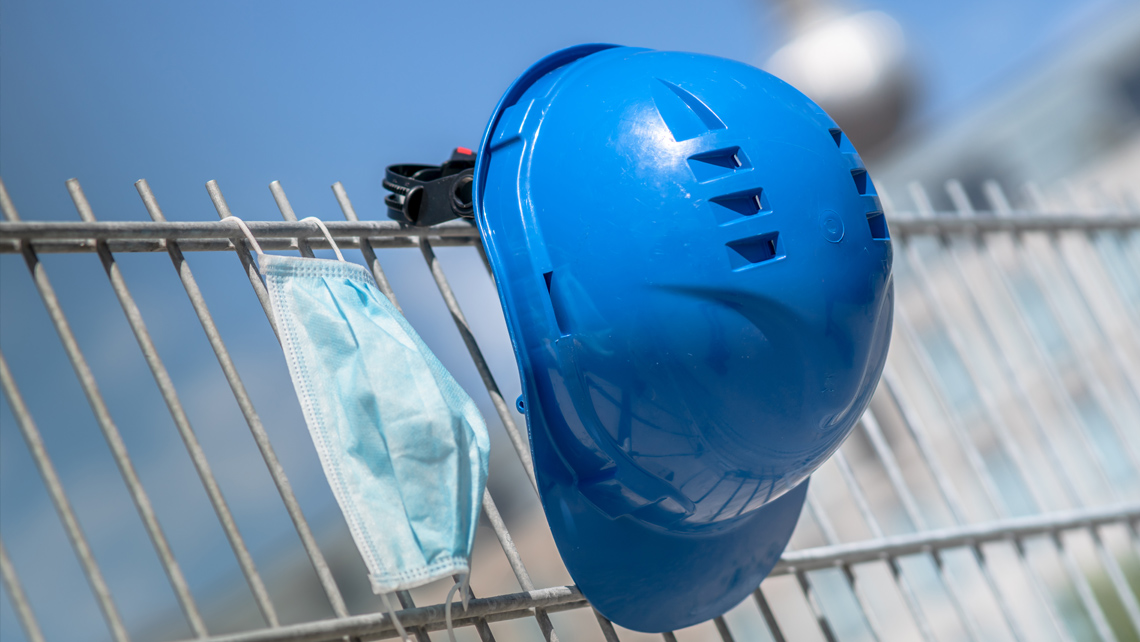Berlin water works (Berliner Wasserbetriebe) are operating a total of nine drinking water plants, with an overall capacity of 990,000m3 per day. A grid of 7,825 kilometers in length is distributing water to more than 277,000 households and a large number of industries in and around the German capital. The corresponding wastewater is collected through 9,746 kilometers of pipes to be treated in one of six wastewater treatment plants with a total throughput of 690,000 m3 each day. Several hundreds of the 4,600 employees are working in three active shifts (plus holiday and back-up shifts) to keep operations up and running.
Apart from the regular everyday processes, dedicated teams are planning for a future with higher demand for clean water, due to a growing urban population. Tightening regulations and more extreme and hard-to-predict weather events are making this planning process even more challenging. In short, there is a lot of responsibility, requiring smart management and decision-making all the time. What if a global pandemic kicks in – unexpectedly, to disrupt everything?
“In this extraordinary situation, a heroic IT-department has proven to be one key pillar to ensure a smooth transition, to keep the operations running and water flowing.”
In March 2020, everything changed
Back in March 2020, when the German government announced the first measures to be implemented to limit the spread of COVID-19, a well performing business like the Berliner Wasserbetriebe was forced to re-organize its operations from the scratch. Without much notice, many of the staff members were thrown out of their regular work environment and forced to work from home. “In this extraordinary situation, a heroic IT-department has proven to be one key pillar to ensure a smooth transition, to keep the operations running and water flowing,” says Stephan Natz, a press officer at Berliner Wasserbetriebe. For both blue-collar and white-collar workers, there was an immediate need for cross-divisional communication platforms to be implemented. Hard- and software requirements had increased overnight.
At first sight this is a nightmare for any business, but when things are done right, it can be a huge opportunity to take operations to the next level and position your business for further changes to come. Internally, Berlin had done their homework and benefitted from a comprehensive risk-assessment which had been conducted before the pandemic. Several process-automation systems had already been established throughout the years.
A careful selection of partners is equally important as maintaining close collaboration and a constant exchange of information.
Continuation is a sum of factors
In addition to good IT capabilities for remote work and risk-preparedness, other factors come to play in turbulent times as well. In water treatment, one of these factors is the reliable and steady supply of treatment chemistries. A careful selection of partners is equally important as maintaining close collaboration and a constant exchange of information. Another factor is working closely across the industry with your peers. “We are actively engaging in various water associations and keeping in close contact with other municipalities in Europe, as we share the same goals and responsibilities. We are dedicated to utilizing the latest research and innovations even more in the future,” concludes Natz.
Ultimately, success was enabled also by all the Berliner Wasserbetriebe staff going the extra mile together. Despite the globally challenging year, they were able to invest more into safe and future-proof operations for a growing population and stricter regulations.
There are most likely new unpredictable challenges ahead of us, demanding more from utilities, vendors, policy-makers and other stakeholders working towards an efficient and sustainable water cycle. Being prepared and choosing your partners carefully helps in coming through the storm stronger than ever.
